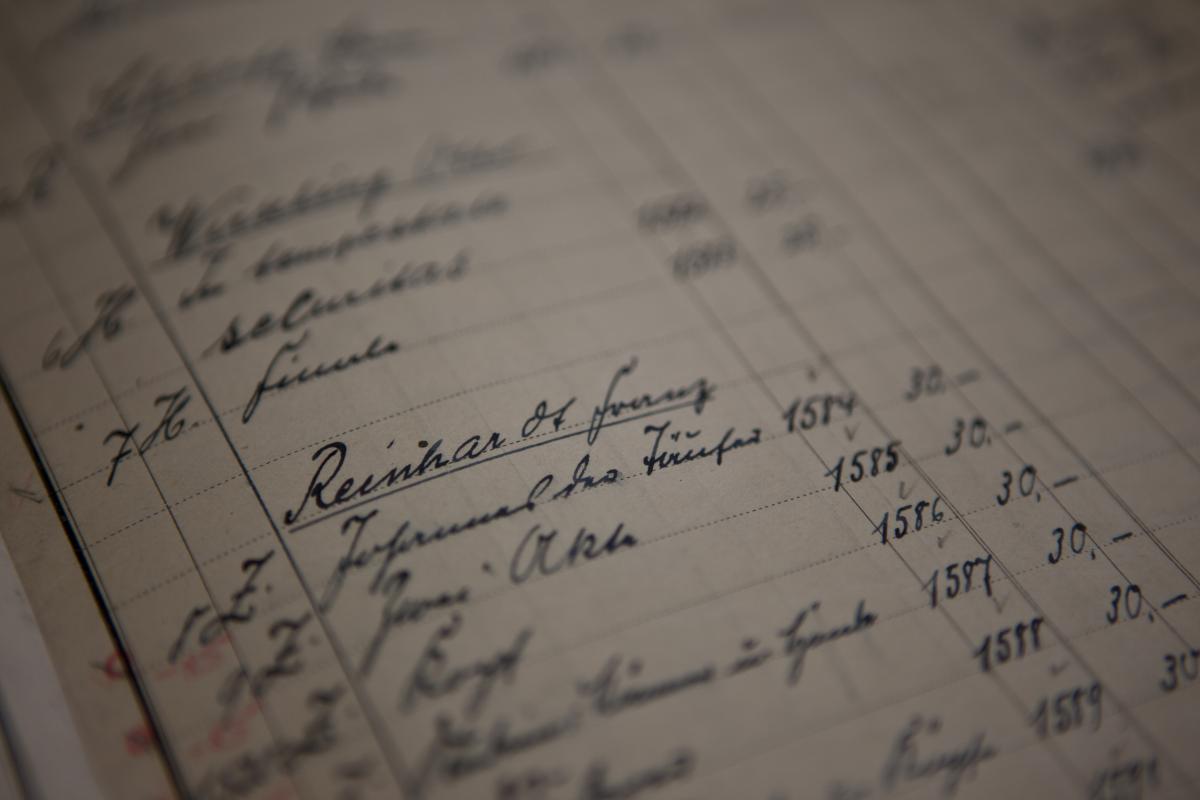The Provenance Research team at the German Maritime Museum (DSM) / Leibniz Institute of Maritime History has launched the first database available to search for relocation property belonging to Jewish refugees that was expropriated during the National Socialist era.
Since 2018, two research projects at the DSM funded by the German Lost Art Foundation have been in progress to investigate the processes of expropriation of Jewish persons at the ports of Bremen and Hamburg. Dr. Kathrin Kleibl and Susanne Kiel sift through thousands of documents from the state archives in Hamburg and Bremen. In recent years, they have entered information on auctioned furniture, musical instruments and paintings in the LostLift database – the first and only one of its kind to date. There are already 5,500 entries in the register of persons, along with another 3,200 or so concrete registered cases of expropriation. Based on the information available, each entry reconstructs the path followed by a family’s household effects and relocation property – from when the items were taken from the apartment by a forwarding agent through to their confiscation at a port and finally the auctioning of the property. The overall picture is completed by the files relating to restitution proceedings requested by the families in the post-war period. In addition, it is now possible to carry out an online search for information about the individual parties involved – the aggrieved families themselves, the forwarding agents, the courts and those who purchased the items.
“Our aim in creating this database is to draw attention to this aspect of the expropriation suffered by Jews under National Socialism – an aspect that has received scant attention to date – and encourage people to provide us with further information, especially in Bremen and Hamburg,” says Kathrin Kleibl. . The German-English database grows with every new entry: “What we are doing now should have happened much earlier. But in the founding phase of the Federal Republic, people kept silent in order to avoid possible reparation payments – and having to face up to their guilt. You might say we are following in the footsteps of the former State Offices for Reparations (Landesämter für Wiedergutmachung), but our research goes much further: we’re showing clearly how the people who fled abroad were also victims of National Socialist Germany,” says Susanne Kiel.
The LostLift database is available at https://lostlift.dsm.museum


